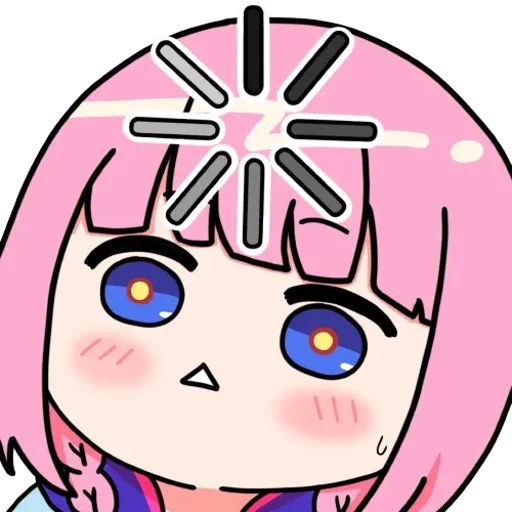I haven’t been diagnosed with autism. If this question comes across as entitled or ableist, I offer my sincere apology in advance.
My wife thinks I’m autistic. Occasionally I wonder myself.
What is involved in getting a diagnosis?
If a diagnosis is acquired, what is the benefit? AFAIK there is no treatment, right? In fact, based on my reading on Lemmy, there may be downsides to being officially recognized (not due to the individual but due to the responses, especially by bureaucracy).
If I am, the only downside in my life has been being shunned and referred to as weird. Maybe being unsure of how to respond to the loss of those close to me. My career has been excellent because of things related to my apparently unusual personality.
Should I pursue this?
The main benefits can simply being sure you are (or aren’t) autistic. You can also have accommodations. Whether you want to get into a diagnosis process or not it can be interesting to talk to a therapist
That makes sense. Thank you for the answer.
the decision of whether or not to pursue an official diagnosis is a pretty personal one. there’s a lot of variables, depending on your individual situation, but yeah there’s not usually a whole heck of a lot of material benefits if you aren’t still in school.
most adults who go for a doctor’s diagnosis do so because they value getting that second, professional, opinion on the matter. it can help settle down all that second guessing. but, it isn’t strictly necessary. most autistic communities are perfectly fine with self-diagnosis; you can learn the diagnostic criteria yourself and do your own research, and no random doc is gonna know you better than you know yourself.
It would be nice to know. I’m long out of school, so the only potential real impact on my life is socialization and fortunately I don’t need to worry about that too much.
If you are indeed autistic and it is a problem in your daily life, knowing what is the problem is the first step to dealing with it, I think. You could even find strategies to turn hindering aspects of the condition into strengths, by knowing where your issues may stem from. And on the bureaucratic part of diagnosis, sadly I can’t comment as I don’t have much experience with that part.
Fair enough, thank you. Whatever form of neurodivergence I have, I am fortunate that it does not regularly cause problems. I appreciate the answer!
No direct external benefit. At least, if you fit into what is colloquially known as high functioning autism (Asperger’s was the previous label)
If you find value in autistic coping strategies, use them! Experiment and try them out.
I will do some research and appreciate your input.
As someone in your shoe’s (wife also thinks I’m autistic). I have always felt like I never quite fit in anywhere and it really bothered me so today I am getting assessed by my doctor. Don’t really know what happens next but I will say I am welcoming autism with open arms because if I am – and I really think I am, it makes so many things finally fit in place and I can finally find the help I need (hopefully because Murica).
As per friends, I plan to tell everyone I am friends with and if that reduces my social circle, then so be it. Ive been on this journey by my self so long that one less friend won’t hurt.
If anything discovering that I’m autistic will hopefully help me find a new clan to be a part off.
I don’t check this account very often, so apologies for the delayed response.
Three days ago, you said you were getting assessed “today.” What did the assessment entail? If you’re comfortable sharing (and it sounds like you will be), what were the results? In the subsequent two days, have you felt liberated (regardless of diagnosis)?
Thank you very much for your answer (both the one you already posted and any follow-up).
Sadly, my doctor didn’t give me an assessment, but did refer me to someone who could, so I’ll come back and update once I can finally get a formal update.



